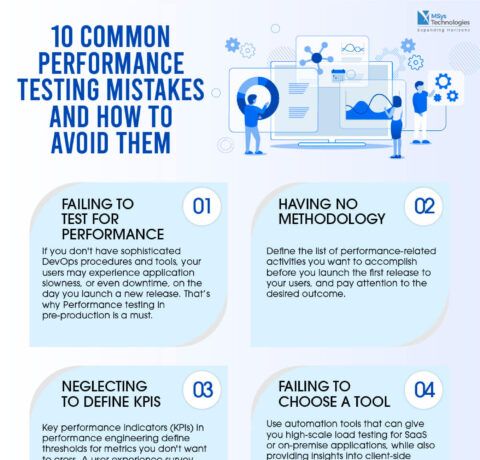Female Math Pioneers Infographic
Since Hypatia made her mark in ancient Alexandria, women have been changing the world with their contributions in mathematics. The Female Math Pioneers Infographic highlights the contributions of nine of the ground breaking women who did their work despite some incredible obstacles.
Hypatia (Approx 370- 415 CE )
This Greek mathematician, scholar, and teacher was a sensation with the public, and she paid the ultimate price. One of the leading philosophers of her time, she was murdered by those who opposed free thinking and scientific investigation— particularly by a woman.
Elena Cornaro Piscopia (1646–1684)
The first woman to earn a doctoral degree in mathematics. Scientists and royals from all over Europe traveled to Venice to meet her. She was a lecturer in mathematics at the University of Padua where she served until the end of her life. It wasn't until the late twentieth century that another woman earned a doctorate from the University of Padua.
Maria Agnesi (1718–1799)
Maria wrote first mathematics book by a woman that still survives. The eldest of 21 children, this Italian woman wrote a mathematics textbook to teach her younger brothers math; in 1748 it was published as a book entitled Instituzioni Analitiche. She was the first woman appointed as a full mathematics professor at the University of Bologna.
Sophie Germain (1776–1831)
Barred from attending university because of her sex, this French woman went on to great success. She studied math using lecture notes and eventually gained a foothold with a professor who became her mentor. Her mathematical proof of Fermat’s Last Theorem was used as a foundation for work on the subject well into the twentieth century.
Ada Lovelace (1815–1852)
Considered the first computer programmer, she was a gifted mathematician at an early age. This English woman calculated the Bernoulli Numbers Sequence in the mid-1800s, and wrote the first algorithm designed for a machine—all before she died at the age of 36. She is honored in England every October 14th with Ada Lovelace Day.
Emmy Noether (1882–1935)
This German woman provided the foundation for Albert Einstein’s world-changing General Theory of Relativity. Of Jewish heritage, she immigrated to the United Sates in the 1930s, where she worked at Bryn Mawr and lectured at the Institute for Advanced Study in Princeton.
Euphemia Lofton Haynes (1890–1980)
Academic, social activist, and the first African-American woman to receive a PhD in mathematics. She was not only a mathematician, but an activist for school desegregation and a fellow of the Association for the Advancement of Science.
Joan Clarke (1917–1996)
This British woman saved countless lives though her work as a codebreaker during World War II. A cryptanalyst who graduated from Cambridge, her work with Alan Turing at Bletchley Park helped end the war and resulted in her appointment as a Member of the British Empire.
Maryam Mirzkhani (1977–Present)
This Iranian woman is the first woman to win the world’s highest math honor—the Fields Medal—which she did in 2014. Born in Iran, she resettled in the United States to pursue her passion: math. Her work is the next step in understanding of the universe.







You can adjust your cookie preferences here.